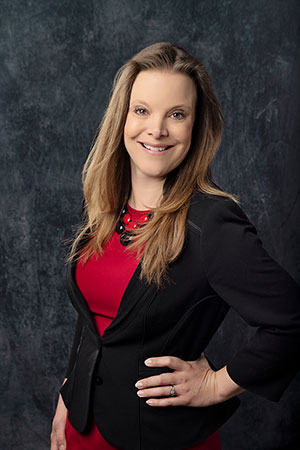

Solutions & Resolutions offers affordable mediation costs for disputes. People resolve disputes every day with a variety of results. Having experience and skills as a lawyer and judge enhances the likelihood of coming to a resolution. Taking the skills learned and applying new and creative methods for resolving disputes are the benefits of a trained mediator. At Solutions & Resolutions, we are neutral, objective, competent, and skilled in alternative dispute resolution.
Mediation is an effective means of resolving any dispute. The forum provides an atmosphere in which parties can listen to, gain an understanding of the other side, and learn to work together to explore solutions. Resolving disputes in mediation, allows parties to determine what is important to them, not the judge or a lawyer.
Court litigation is costly and time-consuming. With attorney’s fees, deposition fees, expert fees, and other costs, litigation in the courtroom is becoming unbearable for the average person. Our mission is to resolve disputes prior to spending thousands of dollars in court.
Judge Chase’s experience as a formal trial judge has allowed her to be one of the most successful mediators especially in the areas of family law, employment, civil, employment, probate and estate, dependency and neglect, eminent domain, construction, personal injury, and a variety of other facets.
Mediation is an informal and flexible method of alternative dispute resolution (ADR). In short, it is a negotiation that is facilitated by a neutral third party (the mediator). The mediator doesn't make decisions for the involved parties, but instead, seeks to find common ground. They may interpret concerns, relay information between the parties, offer creative solutions or otherwise assist in resolving differences.
Mediation procedures are often initiated by the private parties but they can sometimes be required by legislation, the courts, or contractual terms. It is often sought in situations where the disagreeing parties will need to maintain an ongoing relationship even after the disagreement is resolved, such as in marital disputes involving children or disputesinvolving business partners.
No, the job of a mediator is not to judge, but to guide the parties to their own unique resolution. A qualified mediator will stay open-minded and leave the decisions to the parties involved. They will use good communication techniques to help parties gather and exchange important information and find a solution to their dispute.